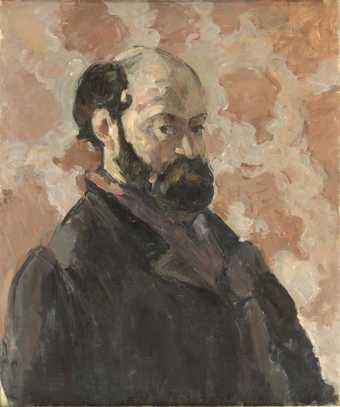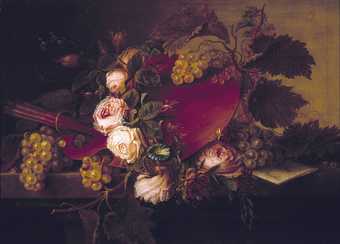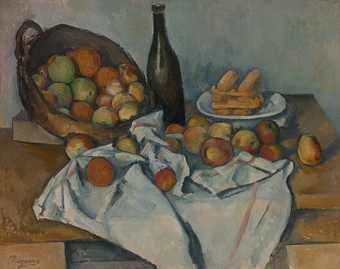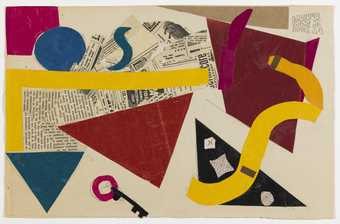Who is Paul Cezanne?
Paul Cezanne (1839-1906) was an artist who painted over 1300 paintings!
Cezanne made art at the same time as the Impressionists, but his approach challenged their art rules.
The Impressionists tried to capture movement and light, they worked quickly and messily, often painting outside.
Cezanne's process was a lot slower. He liked to slowly study objects and look at them from different angles. He was more interested in how something made him feel, rather than trying to paint realistically - this made him a bit of rebel!

what is still life?
Still life is the term for art work which includes different objects.
Traditionally, artists would choose objects which were very symbolic. They would paint flowers to make the viewer think about life and beauty. They'd paint a skull to make the viewer think about death. Perhaps they'd paint a gold candlestick - to make them think about luxury and money.

Robert Edge Pine
Still Life with Palette and Brushes, Fruit and Flowers (c.1760–70)
Tate
why did Cezanne paint... apples?
The objects Cezanne chose to focus on in his paintings weren't very symbolic, or very fancy. He often chose to paint... apples!
By focusing on these local, familiar objects, Cezanne draws our focus back to the everyday. He did this as a way of slowing down in amongst a busy world.
He enjoyed studying these apples from many different angles, often showing different perspectives on one canvas - making his work almost 3D!

Paul Cezanne. The Basket of Apples, c. 1893. The Art Institute of Chicago, Helen Birch Bartlett Memorial Collection.
How did Cezanne inspire modern art?
Cezanne is now known as a Post-Impressionist and called 'the father of modern art' because he showed how free art could really be.
He encouraged artists to explore colour, shape and space without needing to make sense in a traditional, realistic way.
This approach influenced Cubism and postmodern artists such as Pablo Picasso, Vanessa Bell, Benode Behari Mukherjee, Jane Simpson and Njideka Akunyili Crosby - who have all created still life artwork in their own unique style.

Benode Behari Mukherjee
Still Life with Key (c.1965)
Tate
What do you see in Benode Behari Mukherjee’s Still Life With Key? He made paper collages like the one above after he lost his sight. His still-life twist was mixing shapes with recognisable objects, and his sense of touch was really important to the way he made art.
What stands out most to you about Njideka Akunyili Crosby’s Predecessors? She’s combined a still life scene with a portrait, and layering all sorts of materials – from charcoal to magazine cut-outs – to show a mix of Nigerian and Western cultures.

